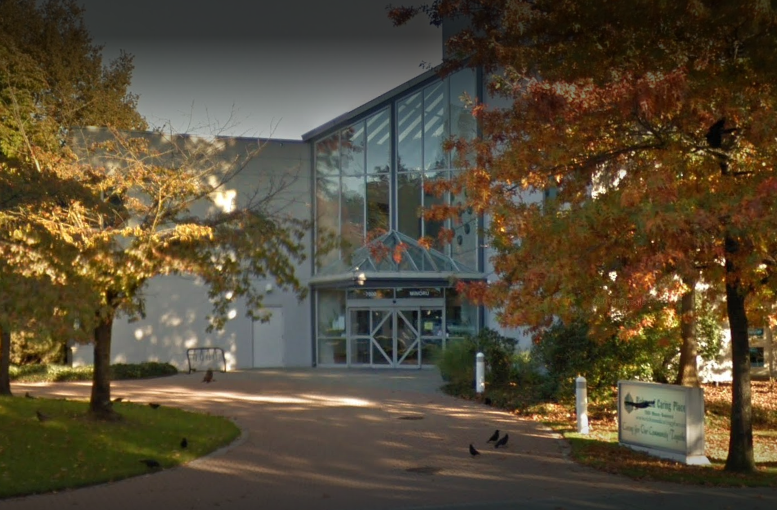Non-profits looking to build affordable housing in Richmond really need the backing of the city – a firm commitment, according to one housing advocate.
Success in building non-profit housing precludes a recognition from the city that an affordable housing problem exists and a desire and commitment to do something about it, explained Tiffany Duzita, executive director of Community Land Trust, a non-profit - affiliated with the BC Federation of Housing Cooperatives - which holds land in trust and develops non-profit housing on it, largely in Vancouver.
The board of directors of Richmond Caring Place, which maintains a building with office space for a dozen non-profits, recently met with city staff to pitch their idea of building two residential towers and expanding their building on the Granville Avenue city-owned property they are located on.
This is not a new idea, but their recent meeting was meant to get city staff on board to support their project idea.
Duzita originally worked on the Caring Place concept about seven years ago when she was with TLC Solutions, and “the story has not changed,” she said.
But what has been lost is a “great opportunity” for the City of Richmond to capitalize on provincial and federal housing funding that has been rolled out over the past few years.
As a Richmond resident, Duzita said she sees her hometown falling behind other municipalities like Burnaby and Vancouver where housing gets built and is handed over to a non-profit, removed from the private sector.
Building affordable housing through federal and provincial programs, though, can be “tricky,” Duzita said, because a final funding commitment from a senior government requires a lot of certainty in the project and that might mean having to have all permits in place before funding is guaranteed.
“That’s a significant amount of money that the non-profit has to invest – millions to get to that point – and you don’t have certainty with funding programs till you get to that point,” she said.
Sometimes the federal government doesn’t commit their funding until all building permits are ready or sometimes even after construction on a project has begun.
“You take on a lot of risk with regards to that, or projects stall out because non-profits can’t take that risk,” Duzita said.
Many ways for city to support housing
One way the city could show its commitment is to dedicate city-owned land for housing projects.
A municipality can also help by being flexible in design work, setbacks, height of buildings, Duzita said. Also, they could give capital contributions and help in the planning process, for example, waiving of community contributions or allowing an expedited development process.
Vancity and CMHC give out grants for non-profits to make business plans, but again they are looking first to see whether there is solid backing from the municipality, Duzita said.
The board of Richmond Caring Place has suggested two large residential developments in City Centre that will be built over the next 20 years, Lansdowne and Richmond Centre, transfer their required affordable housing units to the city-owned land where the Caring Place currently is located.
The glitch in this plan, as Duzita sees it, is that the affordable housing component is lost at the market residential development sites whereas there could be affordable housing on both – on the Caring Place city-owned lot as well as at Lansdowne and Richmond Centre.



